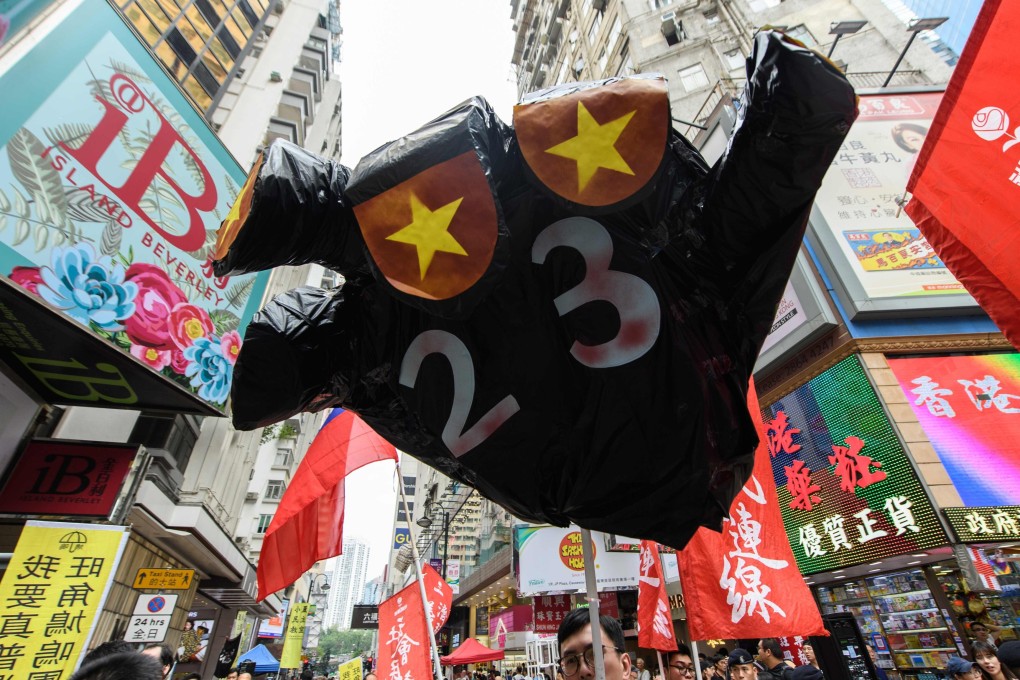Advertisement
Opinion | How Hong Kong’s second stab at Article 23 can avoid the mistakes of 2003
- Imagine if all sides handled this calmly, maturely and with maximum transparency, with sincere attempts to find common ground rather than inflammatory oratory
Reading Time:3 minutes
Why you can trust SCMP
5

We sometimes overthink and make things seem more complicated than they really are, or are so fixed in our thinking that we overlook opportunities to do things differently – and better. These thoughts came to mind as the latest debate began on how Hong Kong should enact its own national security legislation as required under Article 23 of the Basic Law.
The deputy head of the Legislative Affairs Commission of the National People’s Congress (NPC) Standing Committee, Zhang Yong, said last week that the loopholes in Hong Kong’s security laws needed to be plugged. This sparked a flurry of interest and all manner of speculation ensued: why was the call being made now, was not the same ground effectively covered by the national security law, did the public sufficiently trust the Hong Kong government to draft such a law, how to rebuild that trust and so on.
Everyone is, of course, mindful of the events of 2003 when the administration’s first attempt to implement Article 23 ended in disarray amid the biggest anti-government demonstrations at the time. The administration was forced to withdraw the bill and was so scarred by the experience that successive chief executives declined to take up the challenge in the ensuing 18 years.
Advertisement
There is a case for caution, because of the danger that passions will again run high. But there is also an opportunity to mend some of the damage to relations between the administration and the community.
Perhaps it would help if we returned to basics. Article 23 is forthright and unambiguous: “The Hong Kong special administrative region shall enact laws on its own to prohibit any act of treason, secession, sedition, subversion against the central people’s government, or theft of state secrets, to prohibit foreign political organisations or bodies from conducting political activities in the region, and to prohibit political organisations or bodies of the region from establishing ties with foreign political organisations or bodies.”
Advertisement
Advertisement
Select Voice
Choose your listening speed
Get through articles 2x faster
1.25x
250 WPM
Slow
Average
Fast
1.25x

